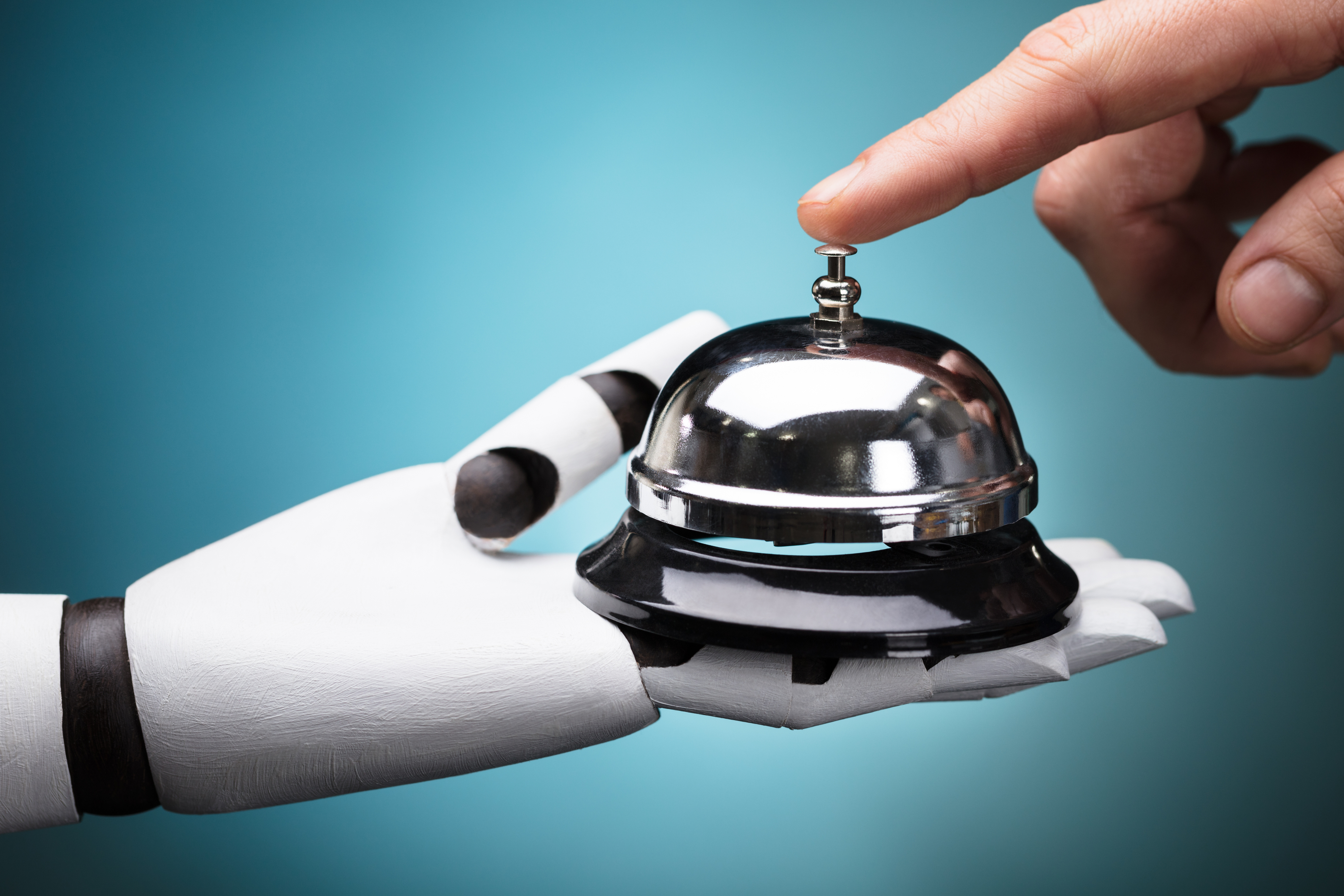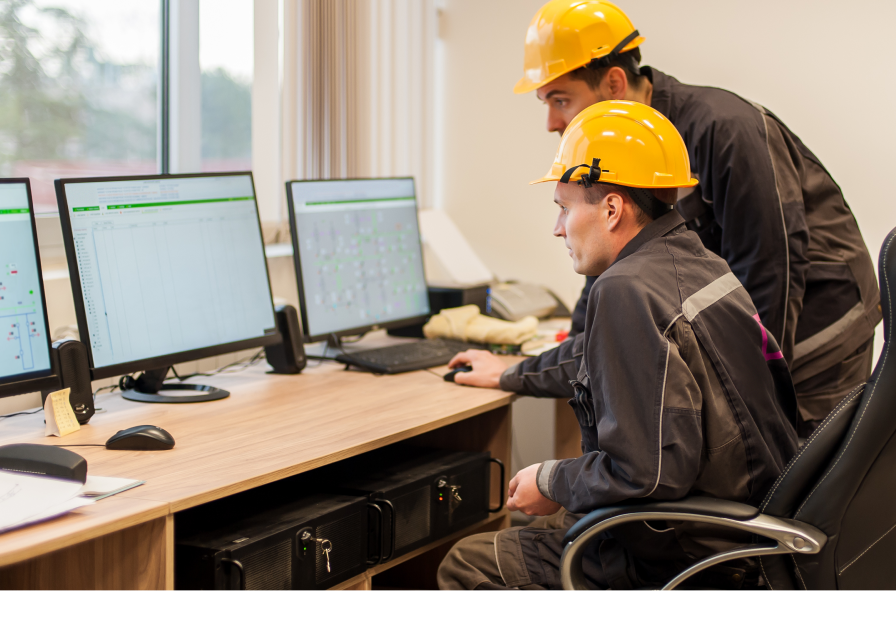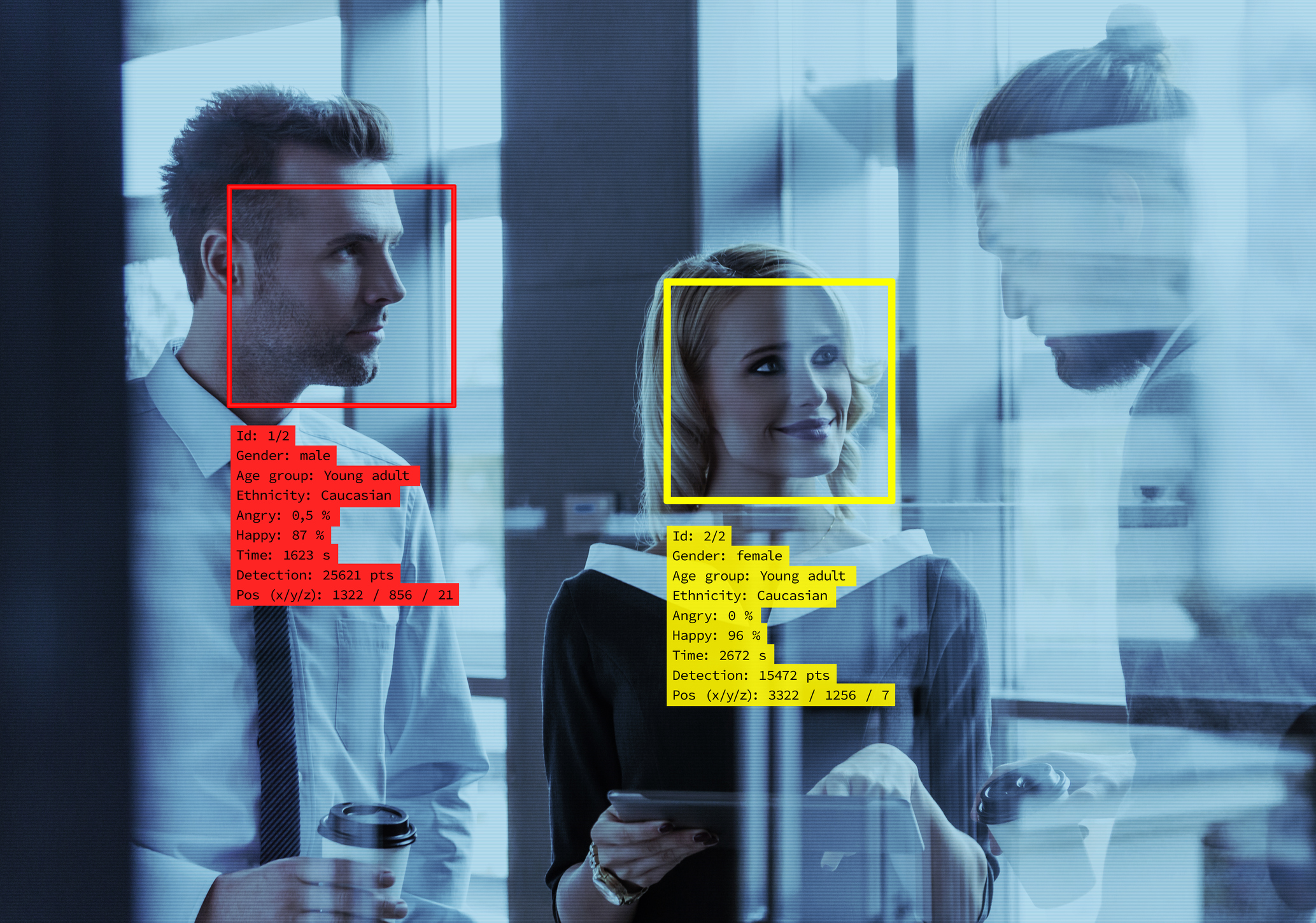Table of contents
Recommended for you

A Smarter Approach to Digital Transformation in Councils
The rapidly evolving digital world is bringing changes to the landscape of the HR workplace. These are exciting times. But, with the excitement we should exercise caution and not underestimate the value that genuine human interaction still plays alongside new technologies such as artificial intelligence (AI).
Take the learnings from Japan’s Henn-na Hotel. The luxury hotel made waves in the hospitality industry when it opened its doors in 2015. Many human jobs were usurped by an eclectic mix of robots. From in-room assistant Churi Chan to the perma-smiling long-haired lady humanoid, and a head-bobbing dinosaur at check-in.
Hideo Swada who runs the hotel, wanted to showcase innovation at its most elite. The aim was to use technology to achieve efficiency and cut labour costs; only a handful of human staff were kept behind the scenes in case they needed to step in and help with any robotic techno-blips.
It took four years for Swada to acknowledge the robotic downfalls. The robotic concierges were unable to answer simple questions, the dinosaurs at check-in needed human help for many menial tasks, and the robotic dancers broke down. Ultimately, the hotel decided to mothball many of its androids because they broke down frequently, and annoyed the guests.
Henn-na hotel went back to basics and gave human staff stronger roles to play to ensure the standards of service were maintained.
“When you actually use robots, you realise there are places where they are not needed – or just annoy people,” – Swada said.
While robots are a long way from becoming the default HR professional, the HR industry is ripe for technology disruption and it is now occurring at a rapid pace. While modern software and new apps aim to automate HR processes and enhance people performance, there is a danger that we are focusing too much on the technology and forgetting about the need for genuine conversations and relationships to do the same.
While smart tech can do a good job with routine tasks encoded in big data, algorithms can be built to perform better than humans can. But such algorithms lack the conceptual understanding and common-sense reasoning that is needed to evaluate novel situations, that only humans can do.
Risks in over-relying on technology
When I look at our own platform, I see the limitations in trying to incorporate automated technology to manage processes that would best be handled by skilled people. As an example, when an executive team receives feedback from their staff, and it’s not a great story. In fact, it’s a lot worse than anyone had expected. “We thought we were doing a great job!”
Now, anyone’s natural response when receiving unexpected, critical feedback is to be defensive and dismissive of the information. As humans, we can offer excuses or look to pick holes in the feedback and its methodology.
Sure, recommendation engines and automated micro-training videos can give management teams that small nudge to respond and act. But no AI software is going to help overcome the initial reaction. It won’t help the team reflect as a group on how they could do better. But an experienced facilitator would. Courageous, honest conversations must be had. There is a grief-cycle to overcome, to be able to accept the feedback and to plan a course of action most relevant to your unique situation.
And that's the point. No matter how intelligent HR software becomes it can only complement, rather than replace genuine human involvement for creating highly productive teams.










